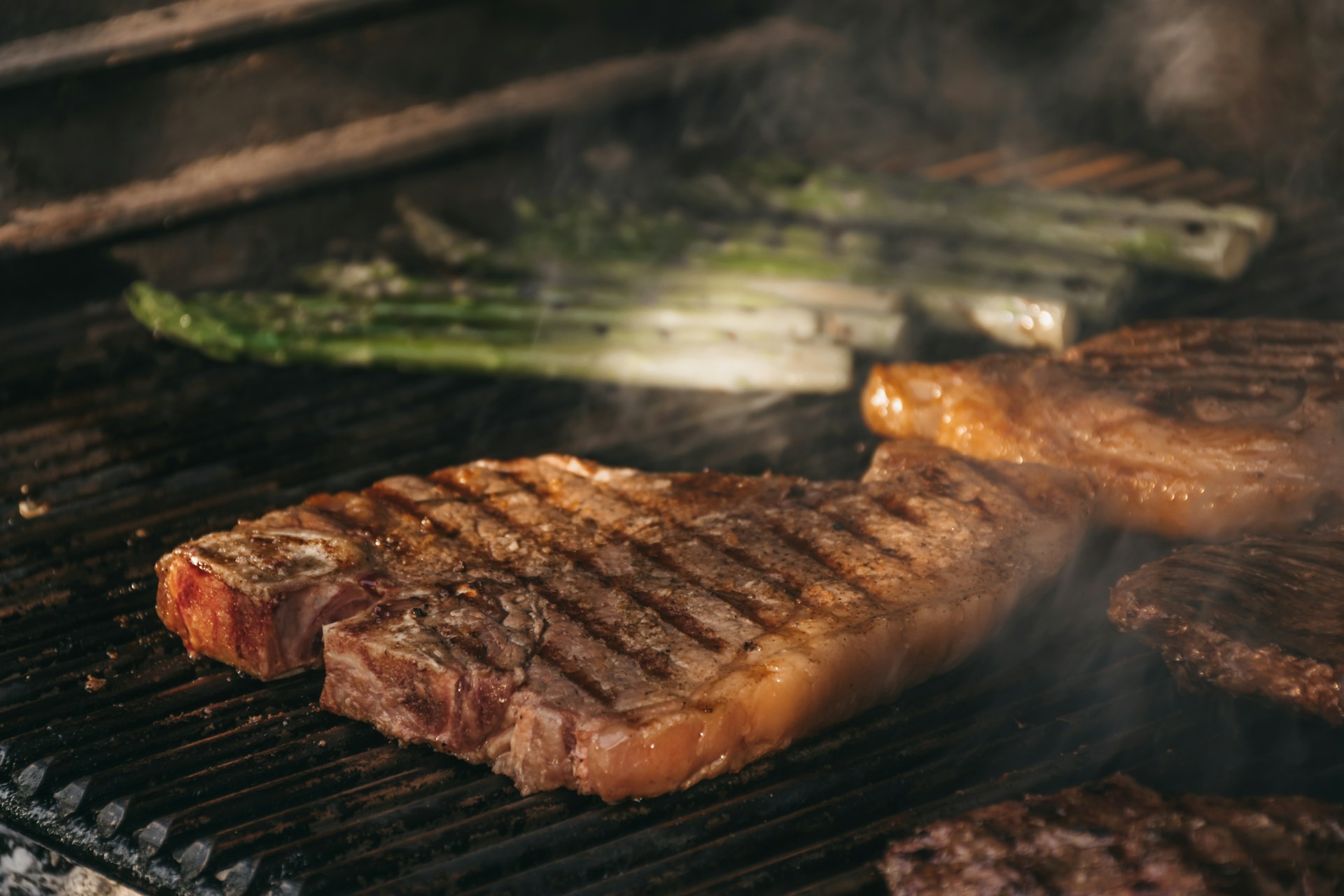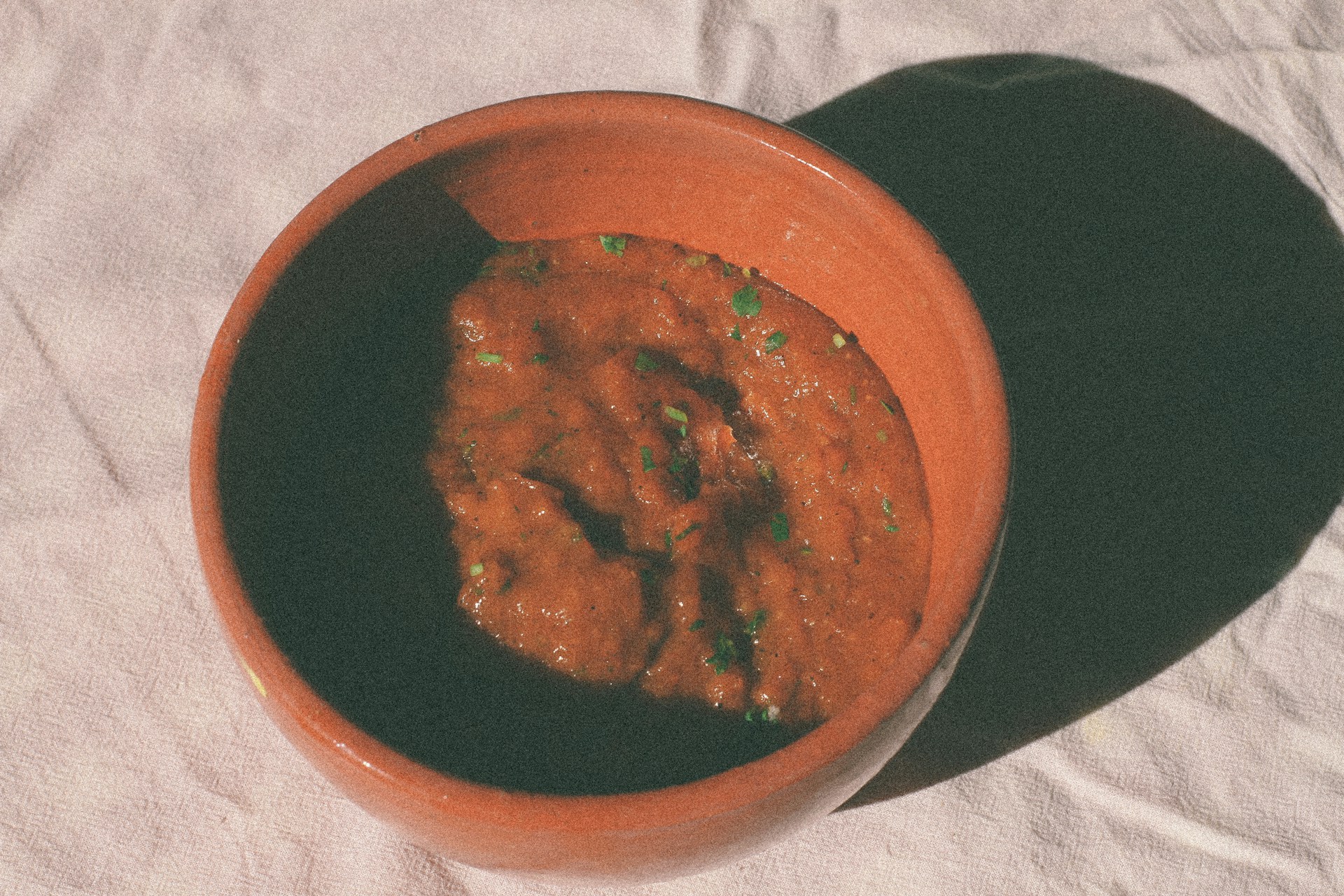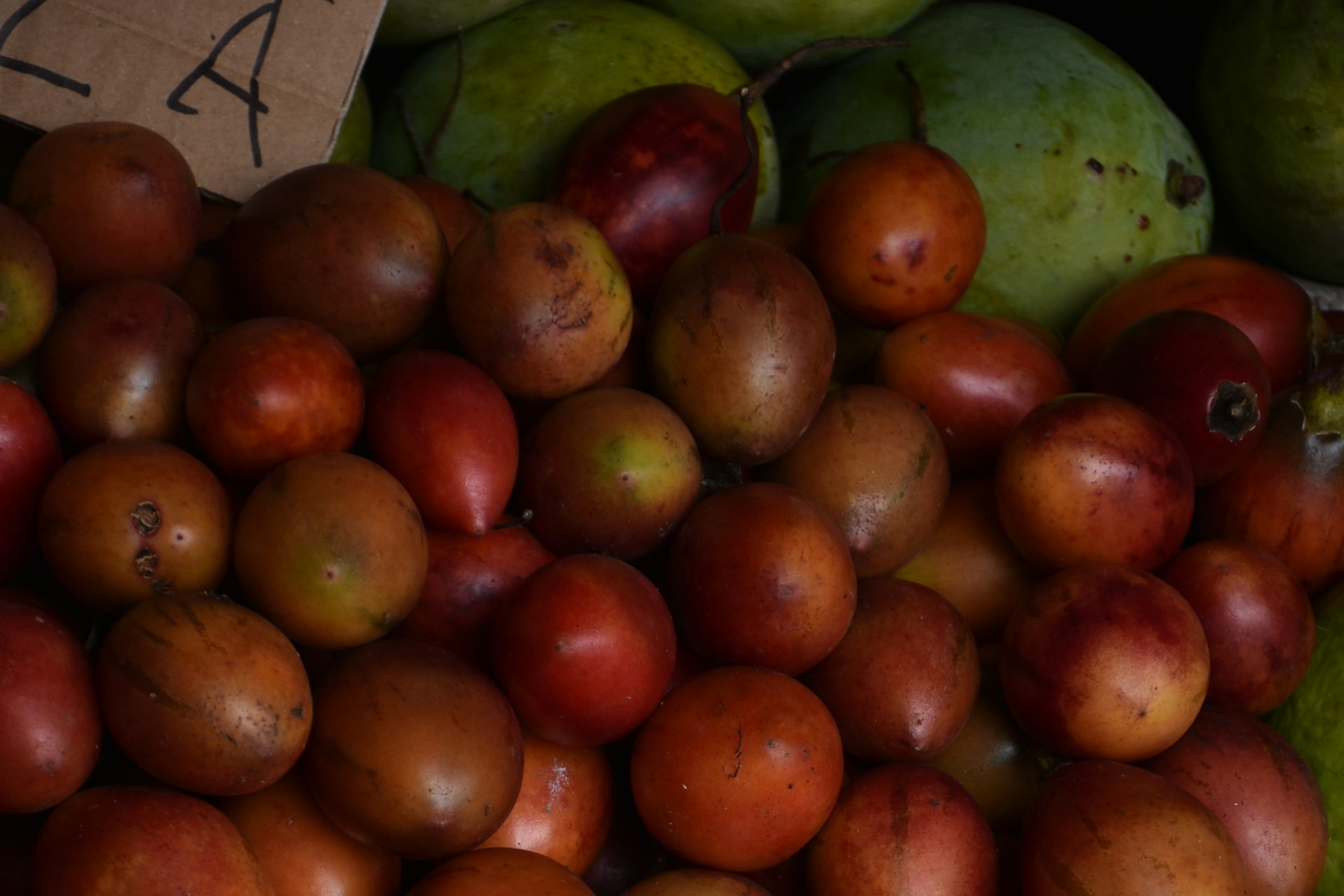The Relationship between Fad Diet Sentiments and Body Image Perceptions with the Nutritional Status of Adolescents in Surabaya
Hubungan Sentimen Fad Diet dan Persepsi Citra Tubuh dengan Status Gizi Remaja di Surabaya
Background: Adolescence is an important stage of growth and development due to its ability to affect eating behaviours, which are likely to have an impact on a person's nutritional status.
Objectives: This study aims to analyze the relationship between fad diet sentiments and body image perceptions associated with the nutritional status (BMI/A or Body Mass Index–for-age) of adolescents in Senior High School of 5 Surabaya.
Methods: The research method employed a cross-sectional design with a sample size of 91 respondents selected through simple random sampling. Data collection of fad diet, body image, and nutritional status was conducted through questionnaire instruments, interviews, and anthropometric measurements. Data were analyzed using Pearson correlation and Fisher Exact's tests.
Results: The results of this study indicate that 51.6% of respondents have overweight or obesity status. 46.2% of adolescents at Senior High School of 5 Surabaya have a negative body image, with the majority feeling dissatisfied with their weight and facial appearance. Based on statistical analysis results, there is a significant relationship between fad diet sentiment (p-value<0.05 and body image (p-value<0.05) with nutritional status (BMI-for-age).
Conclusions: The conclusion drawn from this study is that the majority of respondents engage in fad diets by reducing meal frequency and 46.1% have negative body image perceptions.
Sawyer, S. M. et al. Adolescence: A Foundation for Future Health. Lancet 379, 1630–40 (2012). DOI: 10.1016/S0140-6736(12)60072-5.
Prentice, A. M. et al. Critical windows for nutritional interventions against stunting. American Journal of Clinical Nutrition vol. 97 911–918 Preprint at https://doi.org/10.3945/ajcn.112.052332 (2013).
Sattar, N., Mcinnes, I. B. & Mcmurray, J. J. V. Obesity a Risk Factor for Severe COVID-19 Infection: Multiple Potential Mechanisms. Circulation 44, 1–8 (2020). DOI: 10.1161/CIRCULATIONAHA.120.047659.
Lazarus, R. & Folkman, S. Stress, Appraisal, and Coping. (1984). DOI: 10.1007/978-1-4419-1005-9_215.
Kusuma, M., Wirasto, R. & Huriyati, E. Status Stres Psikososial dan Hubungannya dengan Status Gizi Siswa SMP Stella Duce 1 Yogyakarta. Jurnal Gizi Klinik Indonesia 6, 138–144 (2010). DOI: 10.22146/ijcn.17722.
Fisher, E., Dunn, M. & Thompson, J. K. Social comparison and body image: An investigation of body comparison processes using multidimensional scaling. J Soc Clin Psychol 21, 566–579 (2002). DOI: 10.1521/jscp.21.5.566.22618.
Kong, P. & Harris, L. M. The sporting body: Body image and eating disorder symptomatology among female athletes from leanness focused and nonleanness focused sports. Journal of Psychology: Interdisciplinary and Applied 149, 141–160 (2015). DOI: 10.1080/00223980.2013.846291.
Bucchianeri, M. M., Arikian, A. J., Hannan, P. J., Eisenberg, M. E. & Neumark-Sztainer, D. Body dissatisfaction from adolescence to young adulthood: Findings from a 10-year longitudinal study. Body Image 10, 1–7 (2013). DOI: 10.1016/j.bodyim.2012.09.001.
Harriger, J. A. & Thompson, J. K. Psychological consequences of obesity: Weight bias and body image in overweight and obese youth. International Review of Psychiatry vol. 24 247–253 Preprint at https://doi.org/10.3109/09540261.2012.678817 (2012).
Ines Rugani Ribeiro de Castro et al. Body Image, Nutritional Status, and Practices for Weight Control Among Brazilian Adolescents. Cien Saude Colet 15, 3099–3108 (2010). DOI: 10.1590/s1413-81232010000800014.
Tahreem, A. et al. Fad Diets: Facts and Fiction. Frontiers in Nutrition vol. 9 Preprint at https://doi.org/10.3389/fnut.2022.960922 (2022).
Collins, C. E. Dietary Strategies for Successful Weight Loss and Maintenance: More Evidence Required. J Am Diet Assoc 111, 1822–1825 (2011). DOI: 10.1016/j.jada.2011.09.016.
Vidianinggar, M., Mahmudiono, T. & Atmaka, D. Fad Diets, Body Image, Nutritional Status, and Nutritional Adequacy of Female Models in Malang City. J Nutr Metab 2021, (2021). DOI: 10.1155/2021/8868450.
Nurjannah, I. & Muniroh, L. Body Image, Nutritional Adequacy Level, and Fad Diets among Female Adolescent Models in Surabaya. Media Gizi Indonesia 14, 95–105 (2019). DOI: 10.20473/mgi.v14i1.95-105.
Sulistyan, A., Huriyati, E. & Hastuti, J. Distorsi citra tubuh, perilaku makan, dan fad diets pada remaja putri di Yogyakarta. Jurnal Gizi Klinik Indonesia 12, 99 (2016). DOI: 10.22146/ijcn.22644.
Cash, T. F. Body image: Past, present, and future. Body Image vol. 1 1–5 Preprint at https://doi.org/10.1016/S1740-1445(03)00011-1 (2004).
Wulandari, A. Karakteristik Pertumbuhan Perkembangan Remaja dan Implikasinya terhadap Masalah Kesehatan dan Keperawatannya. Jurnal Keperawatan Anak 2, 39–43 (2014).
Rachmi, C. N., Jusril, H., Ariawan, I., Beal, T. & Sutrisna, A. Eating behaviour of Indonesian adolescents: a systematic review of the literature. Public Health Nutrition vol. 24 S84–S97 Preprint at https://doi.org/10.1017/S1368980020002876 (2021).
de Pinho, L. et al. Perception of body image and nutritional status in adolescents of public schools. Rev Bras Enferm 72, 229–235 (2019). DOI: 10.1590/0034-7167-2018-0644.
Bonnet, J. P., Cardel, M. I., Cellini, J., Hu, F. B. & Guasch-Ferré, M. Breakfast Skipping, Body Composition, and Cardiometabolic Risk: A Systematic Review and Meta-Analysis of Randomized Trials. Obesity 28, 1098–1109 (2020). DOI: 10.1002/oby.22791.
Yamamoto, R. et al. Associations of skipping breakfast, lunch, and dinner with weight gain and overweight/obesity in university students: A retrospective cohort study. Nutrients 13, 1–14 (2021). DOI: 10.3390/nu13010271.
Geliebter, A. & Aversa, A. Emotional Eating in Overweight, Normal Weight, and Underweight Individuals. Eat Behav 3, 341–347 (2003). DOI: 10.1016/s1471-0153(02)00100-9.
Preti, A., Usai, A., Miotto, P., Petretto, D. R. & Masala, C. Eating disorders among professional fashion models. Psychiatry Res 159, 86–94 (2008). DOI: 10.1016/j.psychres.2005.07.040.
Lin, A., Turner, Z., Doerrer, S. C., Stanfield, A. & Kossoff, E. H. Complications During Ketogenic Diet Initiation: Prevalence, Treatment, and Influence on Seizure Outcomes. Pediatr Neurol 68, 35–39 (2017). DOI: 10.1016/j.pediatrneurol.2017.01.007.
Rachmawati, Y., Anantanyu, S. & Kusnandar. Emotional eating, snacking behavior and nutritional status among adolescents. Int J Publ Health Sci 8, 413–418 (2019). DOI: 10.11591/ijphs.v8i4.20398.
Copyright (c) 2025 Amerta Nutrition

This work is licensed under a Creative Commons Attribution-ShareAlike 4.0 International License.
AMERTA NUTR by Unair is licensed under a Creative Commons Attribution-ShareAlike 4.0 International License.
1. The journal allows the author to hold the copyright of the article without restrictions.
2. The journal allows the author(s) to retain publishing rights without restrictions
3. The legal formal aspect of journal publication accessibility refers to Creative Commons Attribution Share-Alike (CC BY-SA).
4. The Creative Commons Attribution Share-Alike (CC BY-SA) license allows re-distribution and re-use of a licensed work on the conditions that the creator is appropriately credited and that any derivative work is made available under "the same, similar or a compatible license”. Other than the conditions mentioned above, the editorial board is not responsible for copyright violation.












































